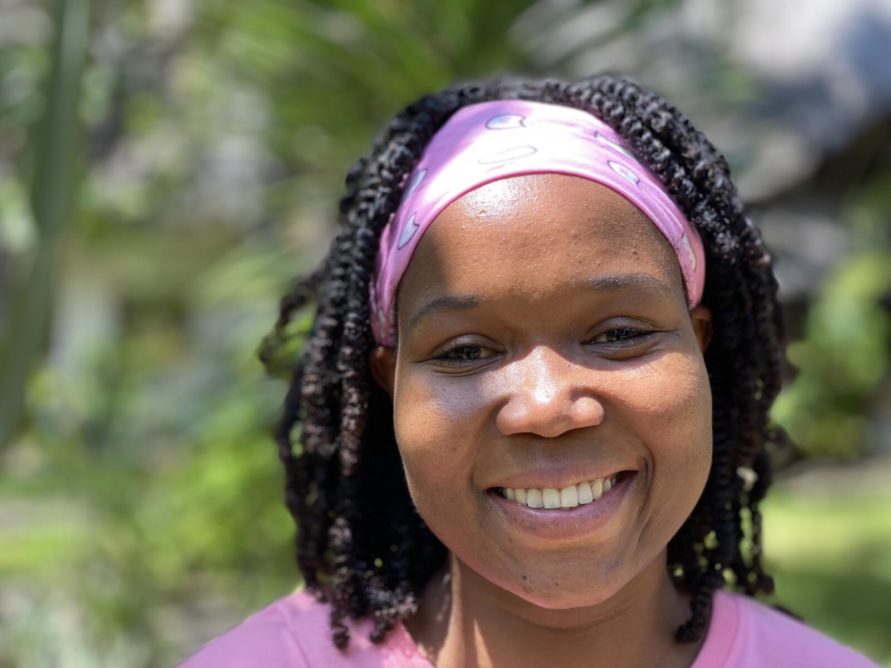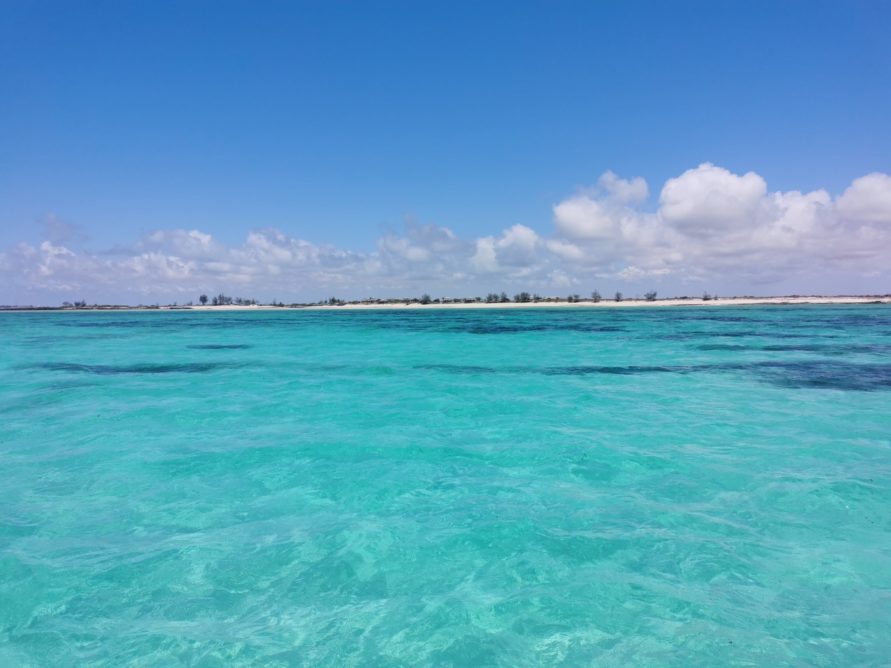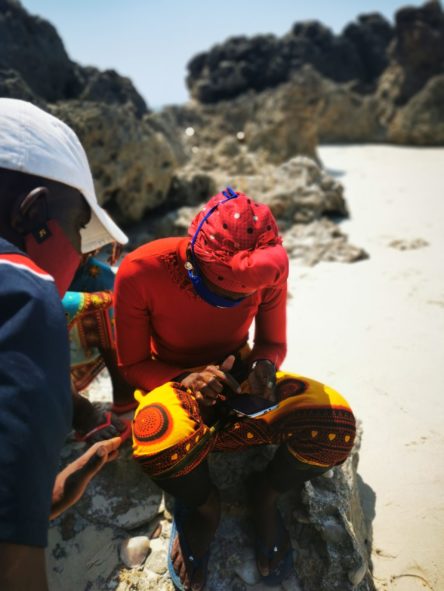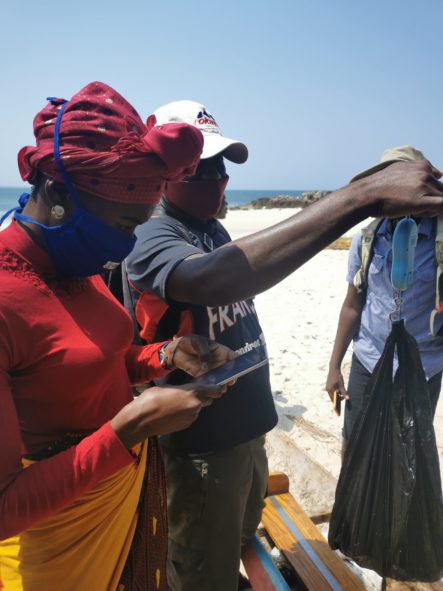Last night, on the eve of International Women’s Day, Mozambique organised a ministerial-level UN debate about how the security council can work together for the common good of women’s empowerment. We asked Habiba Mussa, our colleague in Mozambique, to tell us more about her experience of gender culture and women in conservation.
I grew up in a coastal area in Mozambique, appreciative and curious about the sea. When I was younger, I became passionate about dolphins which are my favourite animals but are sadly endangered in our ocean. I decided I wanted to learn about their vulnerable environment, and I applied to study marine biology.
In my country, women usually care for the house and undertake farming to provide food for their households. Women who work as farmers do not manage the profits resulting from their hard work. The options for work are limited, and women must find ways to make money while maintaining domestic responsibilities and pressures. There has, however, been a growing demand for the labour market in recent years, and many women end up migrating to other areas with more favourable job opportunities.
There are many challenges that the women of Mozambique face, among them access to technical schools, early marriages (before they have acquired skills to earn a living for themselves), and lack of access to basic human rights. The culture firmly holds beliefs about gender roles that often make it difficult for women to find work outside of the home, and when they do, they are often not supported by their husbands. Men are often seen as the breadwinners, while women are expected to stay home and care for the children.
It can be challenging to convince women to explore work in conservation as there is stigma, and the work mostly requires field activities in remote areas which keeps them away from their families. Over the last 10 years, we have seen women receiving more technical training, support, and flexible opportunities from organisations like Blue Ventures to participate in conservation activities, and it is shifting the mindset of the communities.
My hope for International Women’s Day this year is that we fight for our rights, so we feel more included, understood and appreciated for our role in society. I believe that if you educate a man, you educate an individual. But if you educate a woman, you educate a nation.
Women comprise almost half of those involved in small-scale coastal fisheries throughout the tropics. Yet their voices are often absent from conservation discussions. At Blue Ventures, we believe that women’s participation can strengthen collaboration, compliance, conflict resolution, and accountability. When women have access to better livelihoods, their families and communities also benefit.
We encourage women’s inclusion in conservation by training them to monitor fisheries catches and communicate information back to their communities in an understandable form, opening the way for them to participate actively in management discussions.
To find out more – https://blueventures.org/what-we-do/gender-equality/





